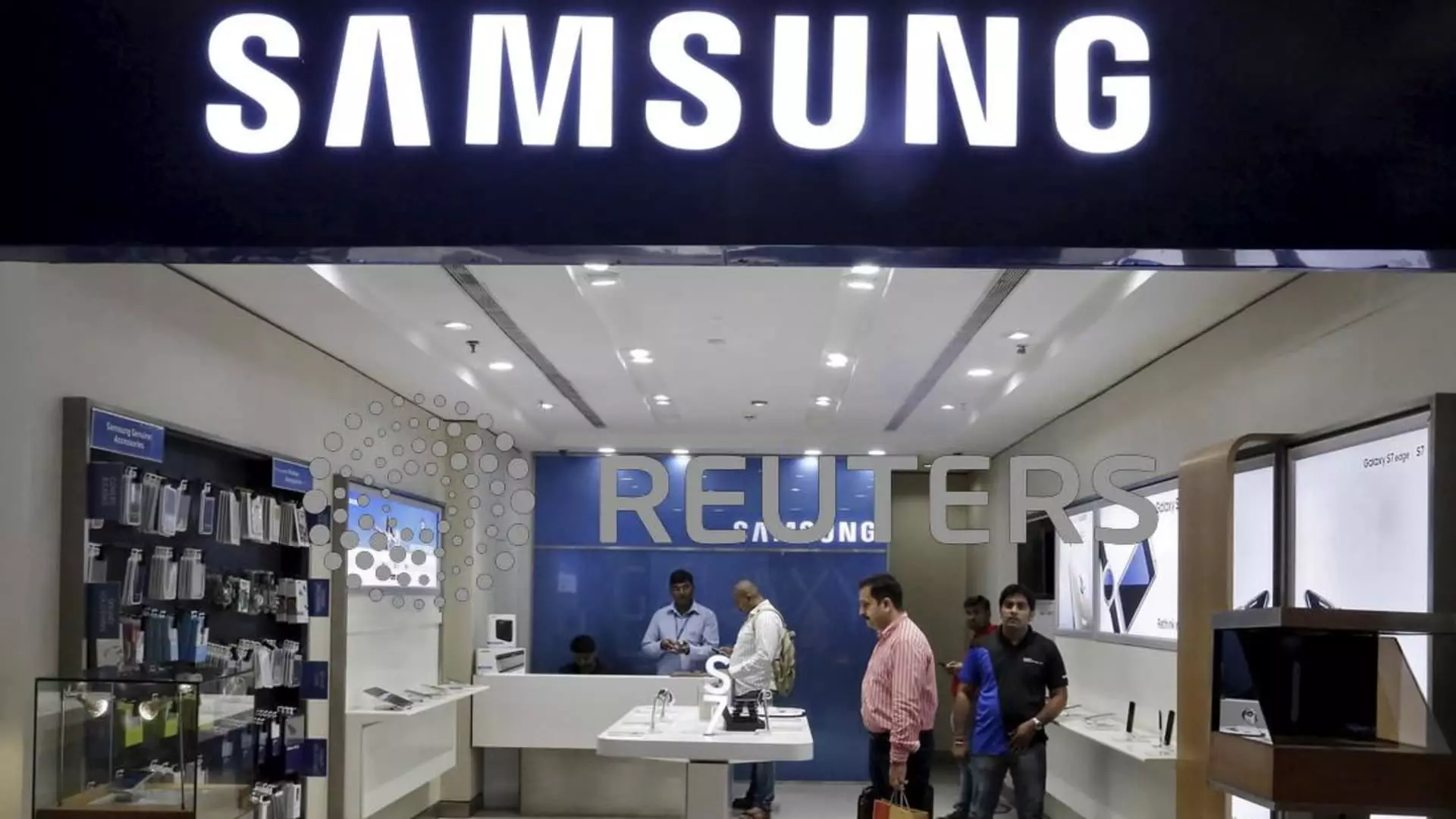On Thursday, Samsung Electronics revealed its third-quarter financial results, shedding light on a complex scenario. While the figures surpassed the company’s internal expectations, the revelation was overshadowed by a significant slump in profitability from its semiconductor branch. Samsung’s semiconductor sector reported an operating profit of 3.86 trillion won (around $2.8 billion), representing a staggering 40% decrease from the previous quarter. The company indicated this decline stemmed from not only internal inventory adjustments impacting mobile demand but also external factors such as the oversaturation of legacy product supplies emerging from China.
Samsung is renowned as the leading manufacturer of memory chips pivotal for various devices, including laptops and servers. Despite the downturn in profit, the company noted a silver lining: its memory chip division is still thriving, spurred by growing demand linked to artificial intelligence applications and server technologies. Nonetheless, these positives are juxtaposed against disappointing sales in mobile and PC markets, leading to complexities that cloud naively hopeful forecasts. As the company looks toward future quarters, they anticipate a prolonged delay in the recovery of mobile and PC demand, even as advanced semiconductor products benefitting from AI investments remain promising.
The contrast between Samsung’s actual performance and market expectations has proven unsettling for stakeholders. Earlier this month, the company issued guidance suggesting revenue would reach 79.1 trillion won, slightly ahead of its earlier estimate of 79 trillion won, and operating profits expected at 9.18 trillion won—above the 9.1 trillion projection. However, these figures still significantly fell short of financial analysts’ expectations, which had estimated an operating profit of 11.456 trillion won. This gap raises concerns among investors, increasing skepticism about the company’s ability to navigate through its operational hurdles.
In an unusually candid admission, Samsung Vice Chairman Jun Young-hyun, who recently took the helm of the device solutions division, issued an apology following the release of the profit guidance. This type of transparency is rare in the corporate world, indicating the gravity of the situation the company finds itself in. Samsung has expressed optimism regarding the future growth of demand for advanced chipsets, driven by robust investment trends within the technology sector, particularly from server-driven applications.
Despite its storied legacy and technological prowess, Samsung Electronics is presently grappling with significant market challenges. Its stock has plummeted by 24.71% in 2023, reflecting investor apprehension amid shifting market conditions and heightened competition, especially in the mobile sector. As it navigates these turbulent waters, the company’s strategic decisions moving forward will be critical in sustaining its market leadership while adapting to the rapidly evolving demands of the tech landscape. Thus, it remains imperative for stakeholders to keep a close watch on the developments from this leading South Korean conglomerate as it seeks to balance profitability with long-term growth commitments in an uncertain market.

